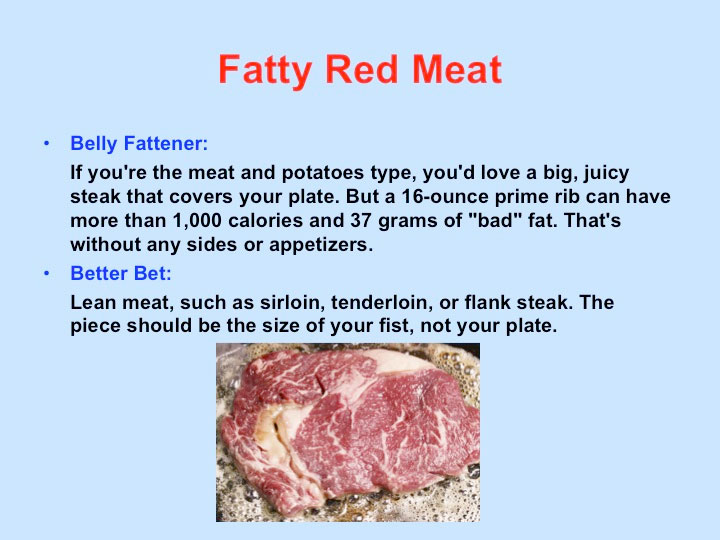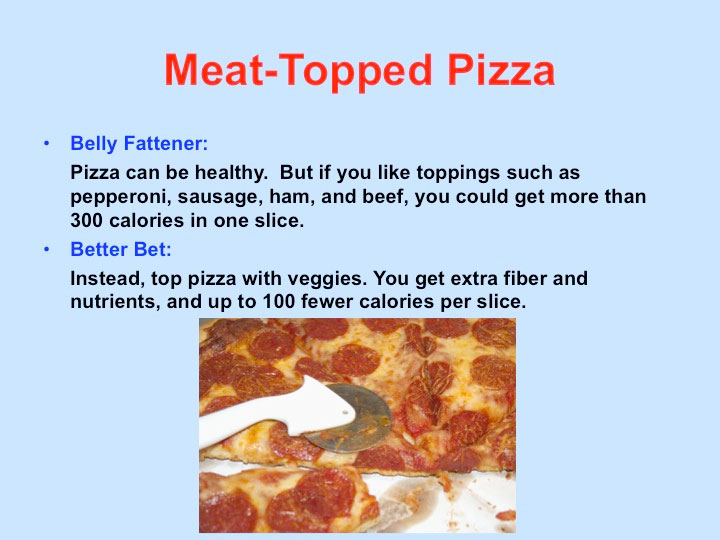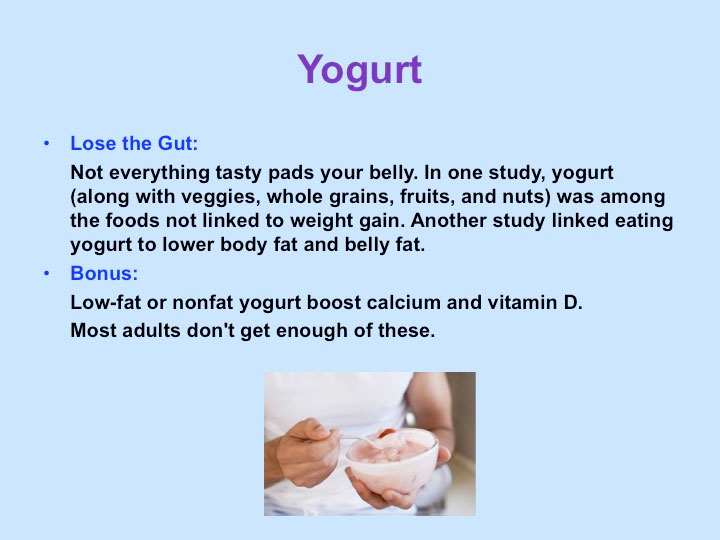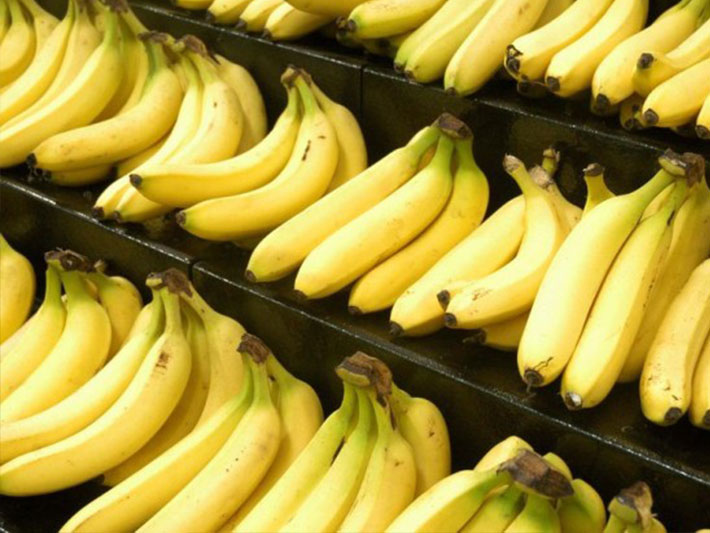Natural Anti-oxidants

- Berries like blueberries, strawberries, cranberries and raspberries are all loaded with antioxidants which save cells from premature ageing.
- Avocado is a super guardian of cells that also lowers and improves blood cholesterol.
- Broccoli has awesome anti-Aging powers and is proven cancer fighter.
- Cabbage contains good anti-Aging properties. Crinkly Savoy cabbage is the best choice. To get the most anti-Aging benefit, eat it raw or lightly cooked.
- Carrots help lowers cholesterol and reduce the risk of stroke and heart attack. It also protects the eyes.
- Citrus fruits like the oranges and lemons is known to fight cancer.
- Grapes contain 20 known antioxidants. Resveratrol in grapes help fight disease and aging.
Red and black grapes are better than the white ones. - Red onion, not white onions are the most effective anti-aging vegetables.
- Spinach help fight against cancer, heart disease, high blood pressure, strokes and psychiatric problems.
It is also a good source of Iron among the green leafy vegetables. - Tomatoes are the richest and only reliable source of this powerful antioxidant, lycopene. Believed to be a powerful anti-cancer agent. White tomatoes which are not easily available are super rich in lycopenes.
Finally, I would like to share with you my experience with a very powerful anti-oxidant called Astaxanthin in Astareal ACT which has:
- 6000 times stronger power than Vitamin C
- 3000 times stronger than Resveratrol
- 800 times stronger than CoQ10
- 560 times stronger than Green Tea Catechins
- 110 times stronger than Vitamin E
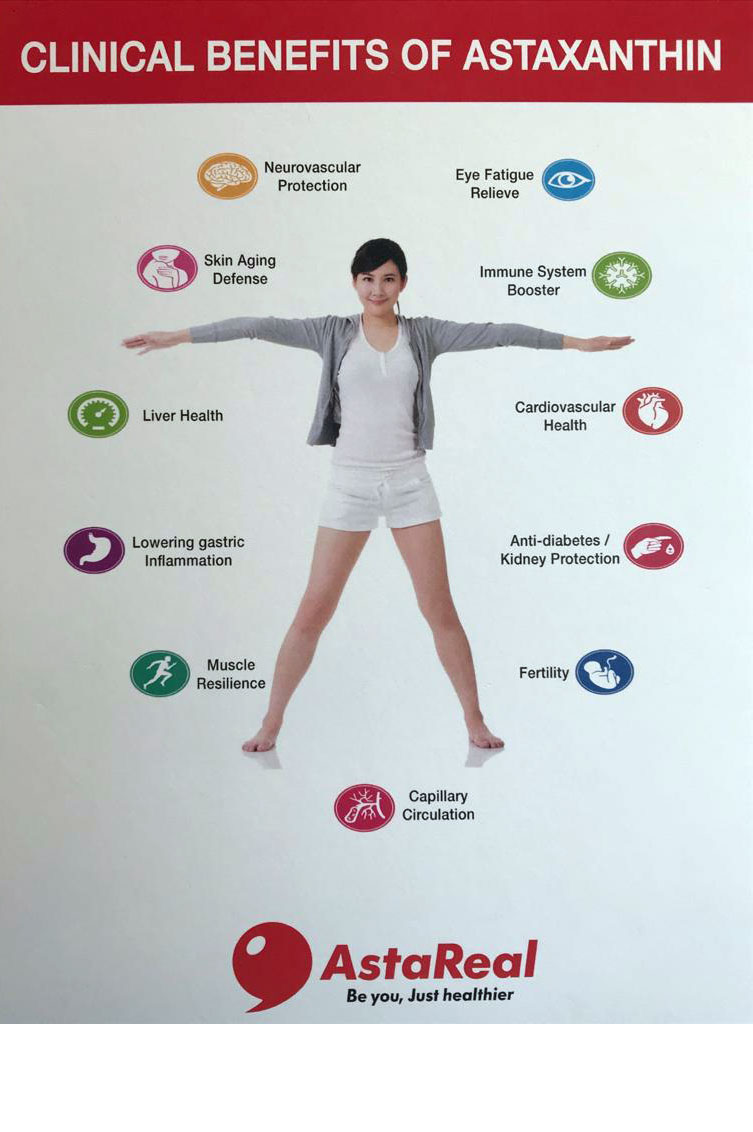
For more information about Astaxanthin, please contact us.
Anti-aging
In order to understand how to deal with the problem of aging, we need to understand the processes that cause it.
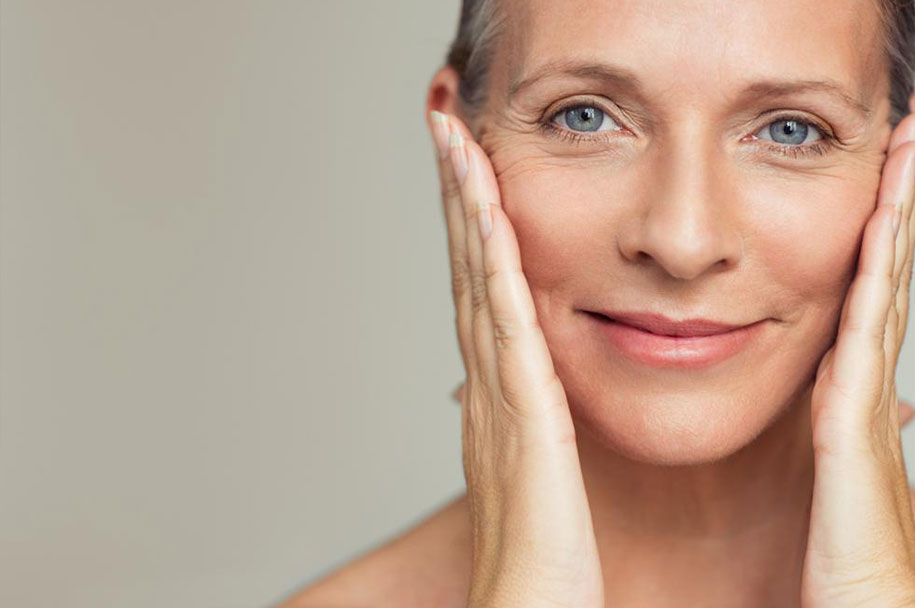
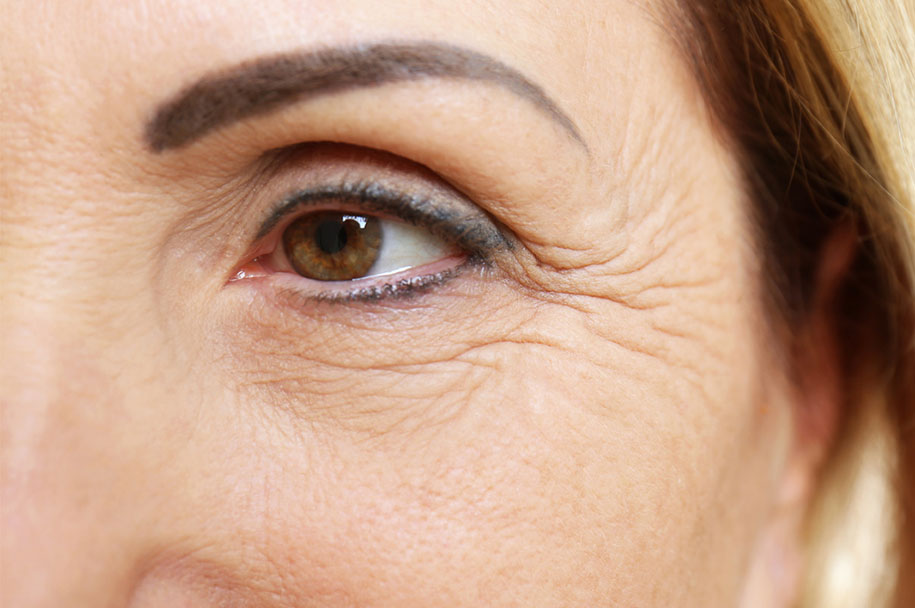
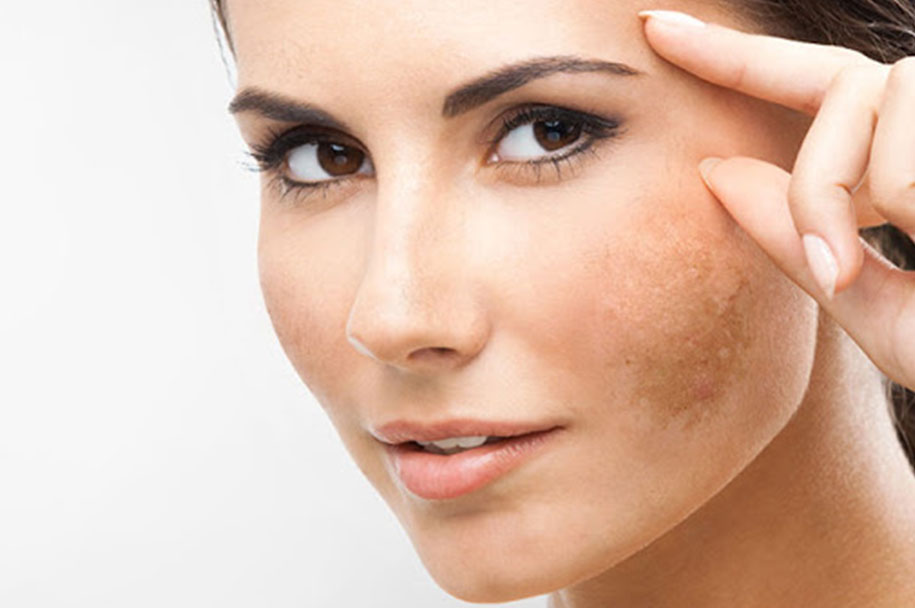
Understandably, we all love to look healthy and good.
However, in the natural aging process, we lose 1% of collagen a year. By the time we reach the age of 50, we would have lost 50%, leaving only 50% of collagen in our body. This results in the skin not having the same bounce and elasticity as it was when we were in our teens. As a test, it takes a longer time for the skin of a 50 year old’s back of our hands to bounce back to shape after it is tented up with a pinch.
We need to delay this aging process in order to look good.
The first tell-tale signs of aging are:
- Saggy skin – as in droopy eye-lids, eye-bags, goat neck
- Fine lines and wrinkles especially around the eyes (crow’s feet) when smiling.
- Pigmentation – age spots and melasma frequently over the cheek bones.
The biggest preventable culprits to the cause of aging are:
- UV radiation
- Dietary insufficiency especially anti-oxidants
- Stress – this can be due to work or late nights both of which do not allow your body enough time to recover and repair. The stress hormones destroy our collagen and also prevents the formation of new collagen by the fibroblasts (factory cells in our body).
Carotenoids for UV Skin Protection
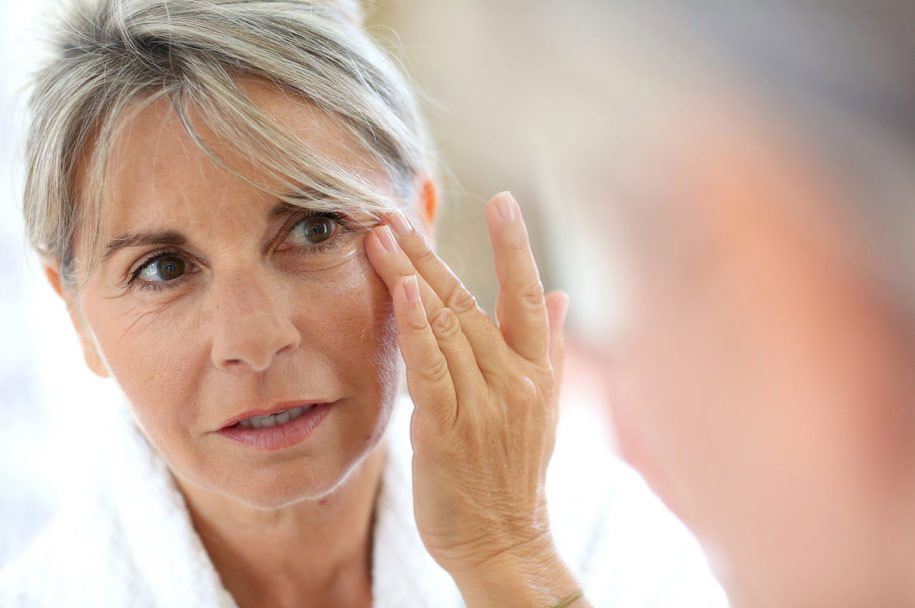
Ultraviolet (UV) radiation is one of the most important daily environmental hazards that your skin encounters. UV radiation causes UV damage in the skin, which includes: tissue injury and cutaneous inflammation (collectively known as ‘sunburn’), premature aging of the skin called photoaging (which includes wrinkles and pigmentation), general immune suppression, and even skin cancer.
The underlying cause of UV damage is the damage inflicted upon cells, and the resultant generation of reactive oxygen species, also known as “free radicals”. Usually, these free radicals are rapidly chewed up and neutralized by antioxidants present in the body, in the immediate vicinity of the UV insult. However, once this antioxidant defense is depleted, free radicals proceed to cause harm by oxidising and damaging lipids, proteins and DNA.
Our most obvious means of UV protection are limiting sun exposure, wearing protective clothing, and using sunscreens. But in recent years, endogenous (i.e. from within the body) UV protection from carotenoids has come into considerable attention.
Research has shown that nutritional bioactive carotenoids can provide important additional protection against the damaging effects of UV radiation. Carotenoids such as ß-carotene, lycopene, zeaxanthin and lutein have potent antioxidant function, and are among the most effective naturally-occuring scavengers of free radicals.
Additionally, because carotenoids are efficiently distributed to the skin, they are able to participate in significantly boosting the skin’s inherent antioxidant abilities.
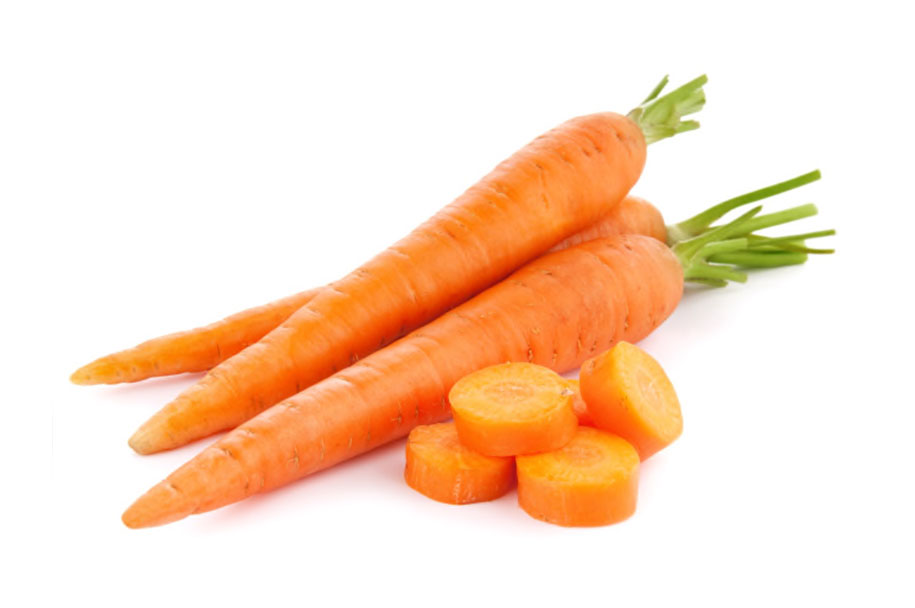
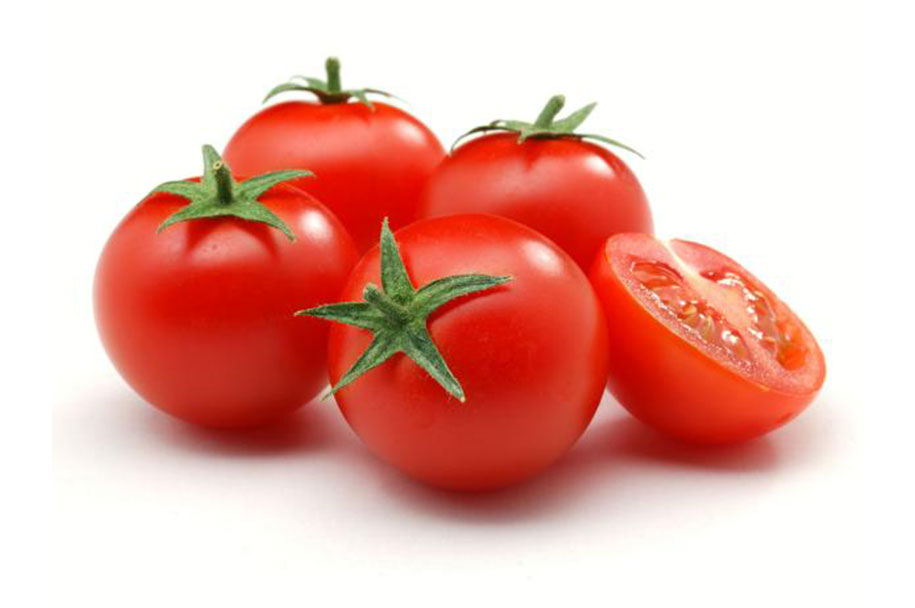
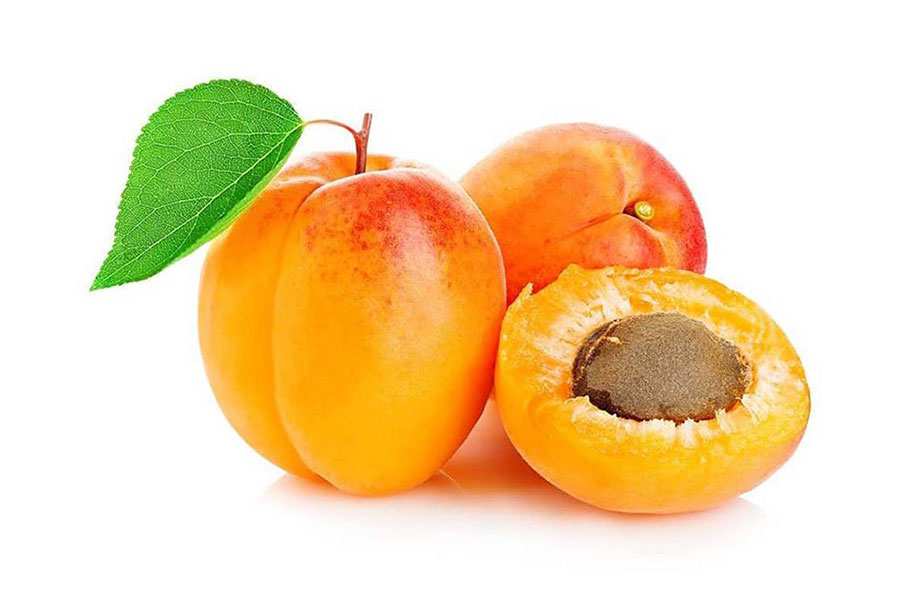
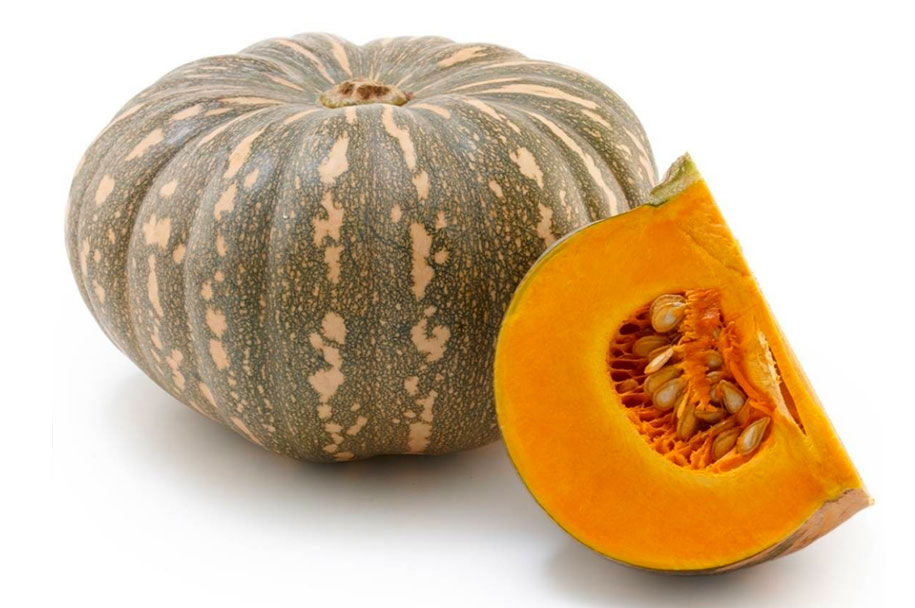
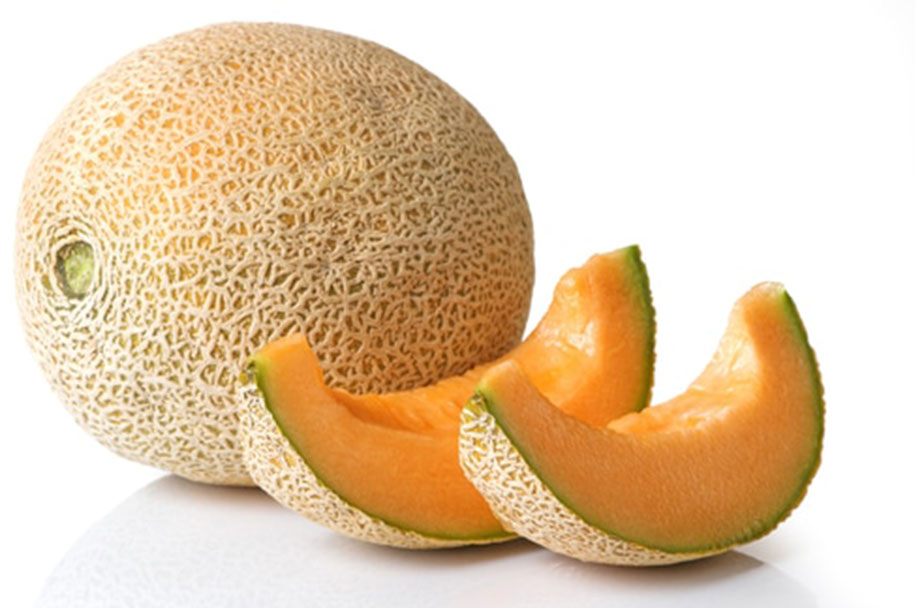
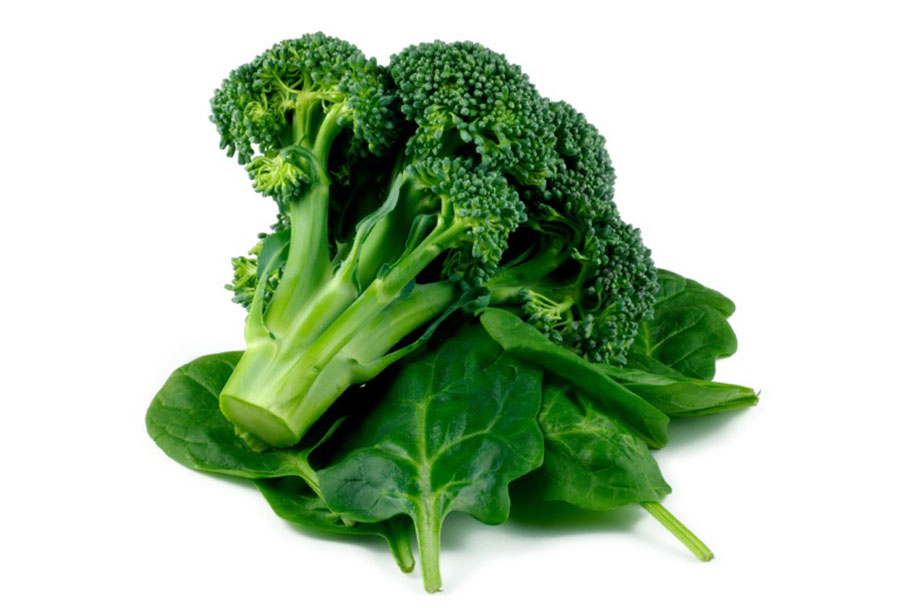
Studies show that in order to achieve effective UV protection, a daily dose of 20mg for a minimum of 10 continuous weeks is needed. Sources of carotenoids would include: carrots, tomatoes, tomato-based products e.g. tomato paste, sweet potato, cantaloupe, apricots and pumpkin. It is also present in green leafy vegetables especially spinach and broccoli. A valuable tip is that these foods are fat soluble and will be better absorbed better when combined with dietary fat.
Admittedly, UV protection from nutritional carotenoids is comparatively much lower than that of topical sunscreens. Also, nutritional carotenoids do require religious ingestion over a long time in order to become effective.
However from a lifelong viewpoint, carotenoid supplementation is a most useful addition to your overall UV protection – think of the times where your topical sunscreen may have worn off, or you may simply have forget to apply any. For any skin-conscious individual, carotenoids are therefore a worthwhile consideration to add to the daily diet. After all, what a simple and inexpensive measure it is, for the multiple payoffs of staving off sunburns, aging, poor immunity and cancer!
Written by: Tricia WL Lee Reviewed by: Dr Janice Khoo
How To Eat Right For Your Skin
Written by: Trish WL Lee , Reviewed by: Dr Janice Khoo
What to avoid, and what to ardently enjoy.
While there is no one single trigger for acne, the old adage holds true that “you are what you eat”. Staying away from certain foods and turning to beneficial foods can indeed minimize your breakouts! Low glycaemic index (GI) foods and plenty of fresh fruits, vegetables and lean protein, work best for achieving acne-free skin.
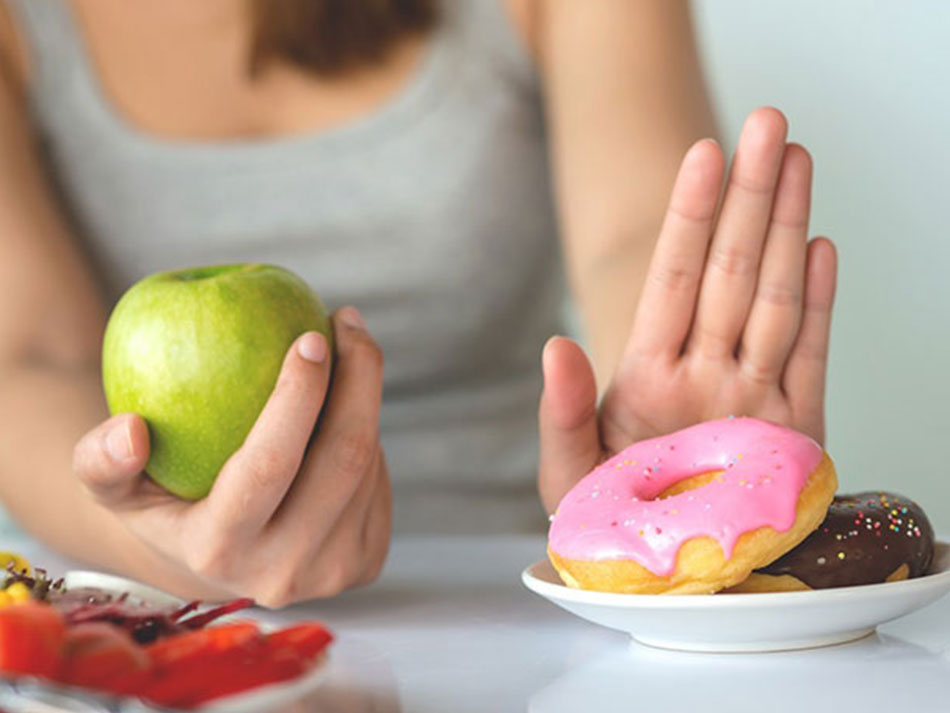
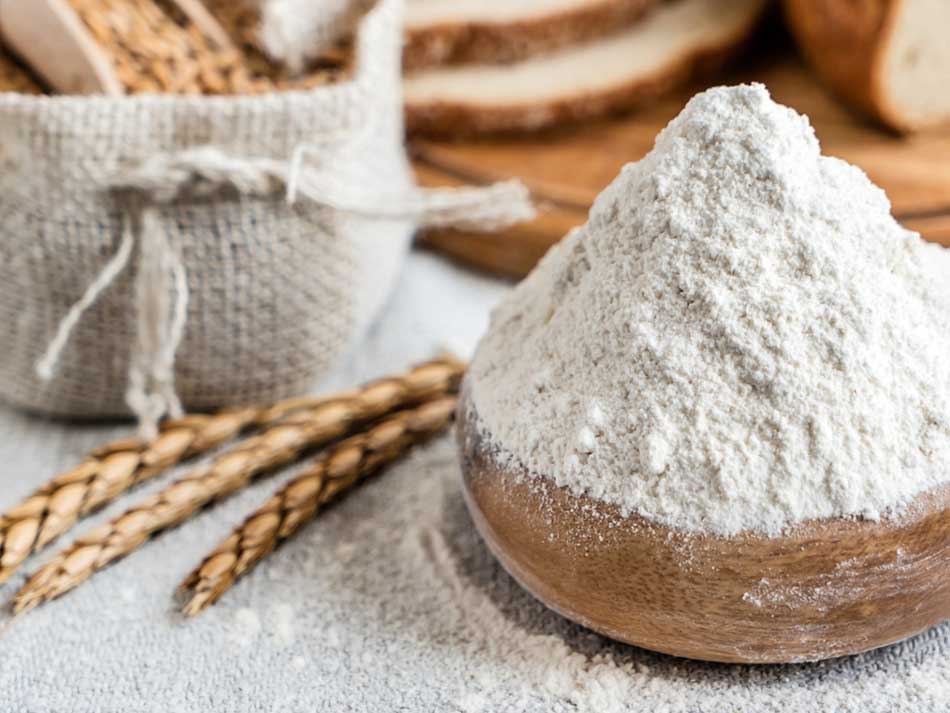
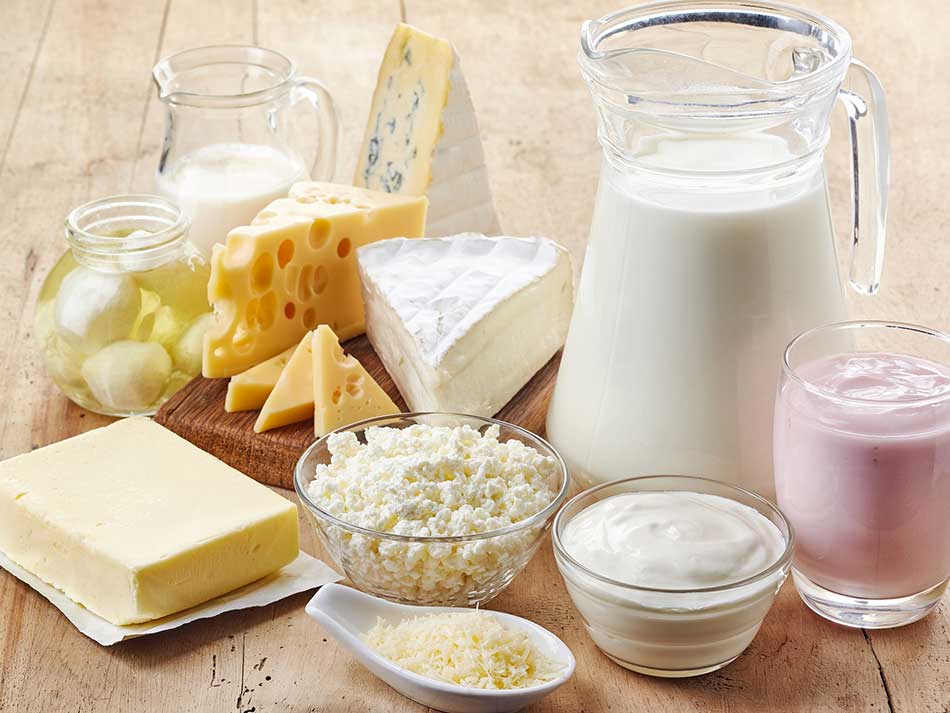
MUST AVOID:
- Sugar, and any high glycaemic index foods (e.g. bread, rice, cereal, chocolate), causes spikes in insulin levels, and in turn androgen levels, which are responsible for sebum production. More sebum means more clogged pores and potential for infection and acne.
- Dairy, apart from being high in fat and cholesterol, is also chock full of hormones intended for baby calves to grow quickly. (Milk contains 59 active hormones!) These are the culprit content that make your liver produce more IGF-1, which stimulates inflammation. Studies have found strong links between consumption of milk and occurrence and severity of acne.
- Flour is bad, and not just for your waistline. Apart from the initial insulin spike (and accompanying inflammation) that comes with high glycaemic index foods, there is speculation that wheat foods deserve special attention as wheat may contain a substance that particularly encourages inflammation. If you have chronic acne, stubborn to an extensive range of attempted treatments, you may have wheat-induced acne. Stay away from bread, pastries, pasta, and cereals.
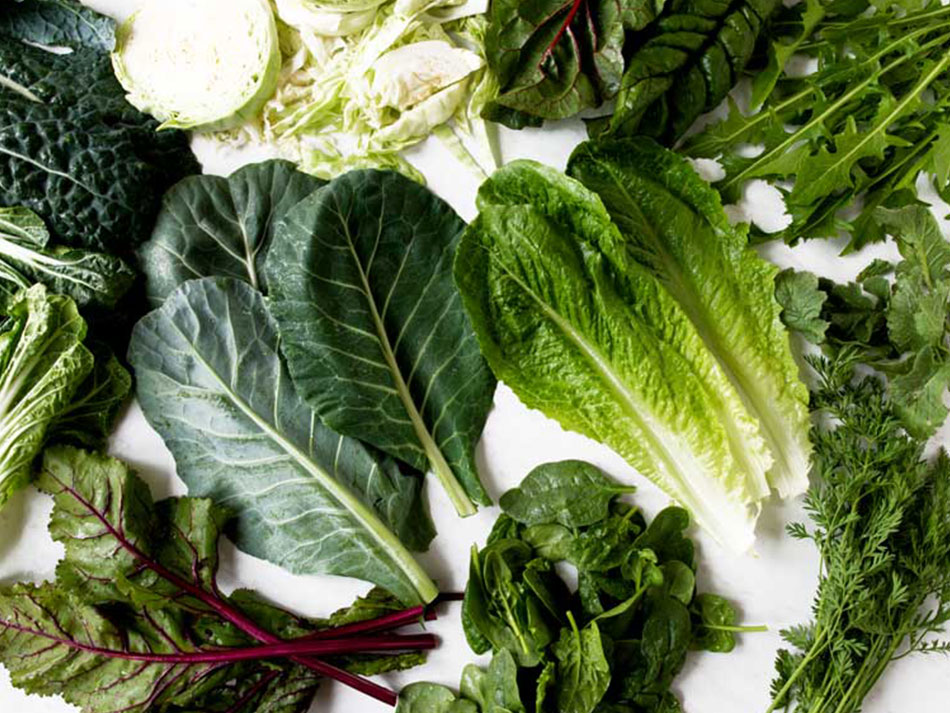
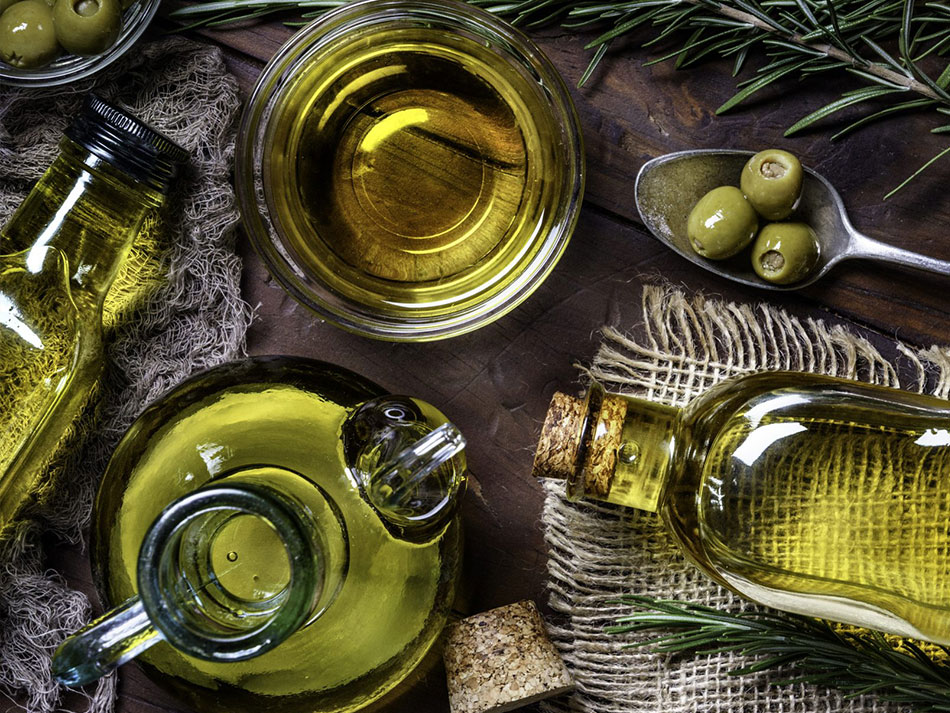
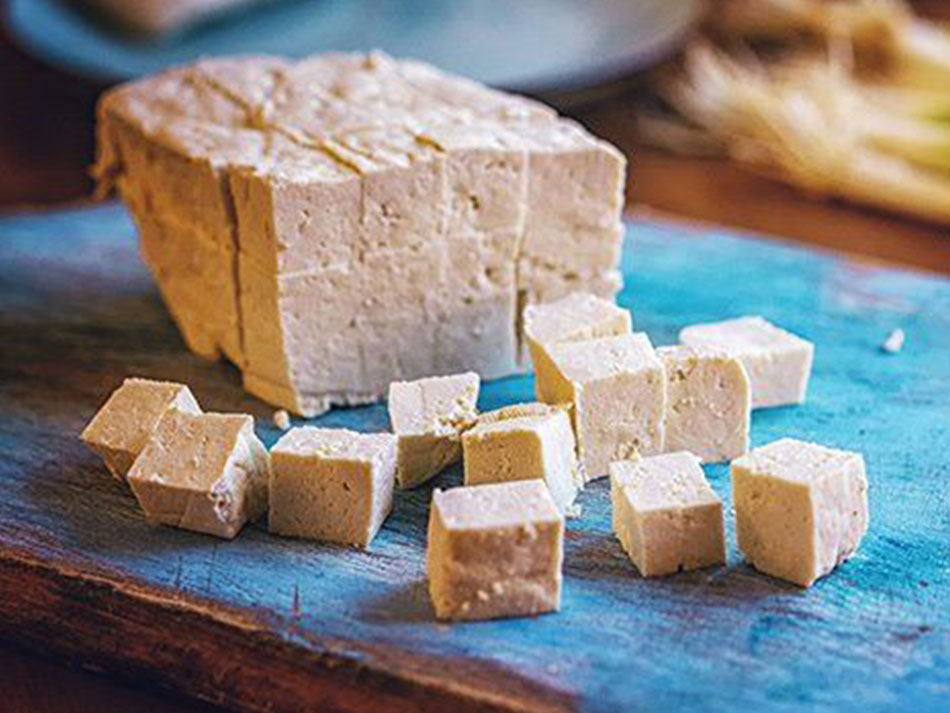

SKIN SAVERS:
While sinful indulgences are a concern, nutritional deficiency can be as much to blame for skin problems. Pay attention to your daily intake of vitamins and minerals, particularly Vitamins A, C, E, B3 (Niacin) and B6 (Pyridoxine), and the minerals zinc, selenium and chromium. Additionally, though not a vitamin or mineral, keep up a regular intake of omega-3 fatty acids. Remember, the best sources of nutrition are always natural sources rather than a pill.
- Vitamin A aids epidermal differentiation and cell turnover, controls sebum production, suppresses androgen formation, and boosts your immune function. Best sources: liver, sweet potatoes, carrots, dark leafy greens
- Vitamin C promotes healing, and is a powerful antioxidant, which helps cell regrowth and prevents wrinkles. Best sources: guavas, bell peppers, broccoli, kiwi, papaya.
- Vitamin E protects cell membranes, hydrates the skin, and improves the consistency of sebum. Best sources: almonds, sunflower seeds, olive oil , tofu.
- Vitamin B3 (Niacin) helps regulate blood sugar and lower cholesterol levels, which would otherwise trigger inflammation. Best sources: liver, tuna, wild salmon, chicken, turkey
- Vitamin B6 (Pyridoxine) boosts the immune system and provides an antioxidant function. Vitamin B6 is found almost exclusively in plant foods. Best sources: rice bran, brown rice, whole wheat bread,
- Zinc is an anti-inflammatory agent that helps in wound healing, immune function, and UV protection. Best sources: cooked oysters, wheat germ, pumpkin and squash seeds (pre-soaked), cashew nuts.
- Selenium is an antioxidant mineral that helps protect your skin from UV damage. Selenium also has anti-inflammatory properties, and has also been shown to be low in acne sufferers. Best sources: brazil nuts, sunflower seeds, chicken, turkey.
- Chromium regulates blood sugar and spikes in insulin levels, and therefore helps to prevent inflammation. Best sources: broccoli, grapes, barley, oats.
- Omega-3 Fatty Acids help maintain cell membranes, regulates sebum production, and also serves as an antioxidant, fighting inflammation and sun damage. Best sources: flax seeds, walnuts, chia seeds, salmon, soy.
Eating the Right Age-defying Foods
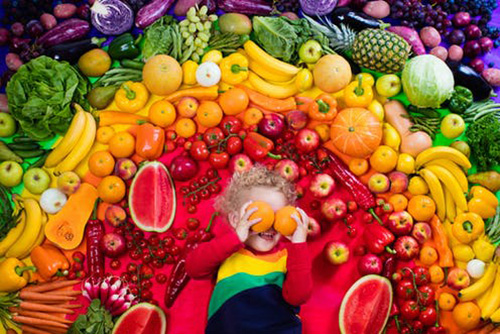


Eating right helps to keep you healthy. A healthy diet can also make you preserve your youth, and prevent or slow down the common chronic diseases of aging such as cardiovascular and heart diseases and diabetes.
The right foods will help in keeping the blood vessels in a healthy condition, preserving the vessels in all parts of the body. This includes the brain, thus preserving memory and protects against Alzeimer’s Disease. Outwardly, the skin also remains healthy with less wrinkles and sagging as the essential nutrients for collagen and elastin production help to defy the aging process.
— Colourful fruits and Vegetables:
A daily diet containing the colours of green, red and orange and purple is essential. Green leafy vegetables, red tomatoes and bell peppers, orange carrots, orange peppers, avocado, corn, oranges, cantaloupe, Blueberries.
They are all rich in vitamins, minerals and anti-oxidants.
Red grapes contain revesterol which is a very powerful anti-oxidant, helps reduce the risk of heart disease, cancer and premature aging.
Anti-oxidants like Vitamin C also helps the skin in fighting the processes of aging. Eating lots of yellow and green vegetables will help to reduce wrinkles.
— Whole grains
3 servings of whole grains a day comprising whole grains rich in fiber helps in eliminating toxins from the body. Such foods are oats, barley, wheat, brown rice. They also lower your risk of getting Type 2 Diabetes.
— Fish
It is the Omega-3 Fatty acids in fish oil that is essential in preserving the blood vessels and reduce risk of diseases in aging such as Alzeimer’s, heart and vessel diseases such as Stroke and hypertension.
Examples of fish rich in Omega-3 fatty acids : salmon, trout or tuna
We need two servings a week of fatty fish.
Wheat Germ Benefits
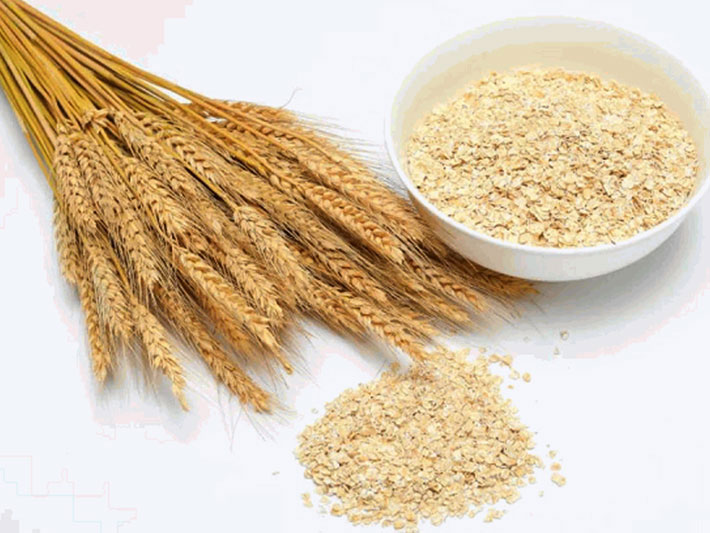
- Packed with Vitamins and Minerals
High in Vit B – Folate, Thiamine and Vitamin B6
Contains Iron, Zinc, Calcium, Magnesium, Manganese and Selenium which is essential for repair and regeneration
- High in Fibre which helps regulate blood sugar level, Cholesterol control, Intestinal health and detoxification
- Contains Phytosterols which help control cholesterol for a healthy heart
- Has Omega-3 fatty acids which help lower cholesterol and inflammation and also helps the nervous system in curbing anxiety and improve mood
- Contains Vitamin E, a powerful anti-oxidant, to help protect cell membranes from damage.
Note:
People suffering from Celiac Disease or Gluten sensitivity should stay away from Wheat germ.
22 Powerful Reasons To Eat Bananas
You’ll never look at a banana the same way again after discovering the many health benefits and reasons to add them to your diet.
Bananas combat depression, make you smarter, cure hangovers, relieve morning sickness, protect against kidney cancer, diabetes, osteoporosis and blindness. They can cure the itch of a mosquito bite and put a great shine on your shoes.
If you think bananas are just for monkeys, think again.
1. Bananas help overcome depression due to its high levels of tryptophan, which is converted into serotonin — the happy-mood brain neurotransmitter
2. Eat two bananas before a strenuous workout to pack an energy punch and sustain your blood sugar
3. Protect against muscle cramps during workouts and night time leg cramps by eating a banana
4. Counteract calcium loss during urination and build strong bones by supplementing with a banana
5. Improve your mood and reduce PMS symptoms by eating a banana, which regulates blood sugar and produces stress-relieving relaxation
6. Bananas reduce swelling, protect against type II diabetes, aid weight loss, strengthen the nervous system, and help with the production of white blood cells, all due to high levels of vitamin B-6
7. Strengthen your blood and relieve anemia with the added iron from bananas
8. High in potassium and low in salt, bananas are officially recognized by the FDA as being able to lower blood pressure, and protect against heart attack and stroke
9. Rich in pectin, bananas aid digestion and gently chelate toxins and heavy metals from the body
10. Bananas act as a prebiotic, stimulating the growth of friendly bacteria in the bowel. They also produce digestive enzymes to assist in absorbing nutrients.
11. Constipated? High fiber in bananas can help normalize bowel motility.
12. Got the runs? Bananas are soothing to the digestive tract and help restore lost electrolytes after diarrhea.
13. Bananas are a natural antacid, providing relief from acid reflux, heartburn and GERD
14. Bananas are the only raw fruit that can be consumed without distress to relieve stomach ulcers by coating the lining of the stomach against corrosive acids
Natural cures from a simple banana
16. Bananas make you smarter and help with learning by making you more alert. Eat a banana before an exam to benefit from the high levels of potassium.
17. Bananas are high in antioxidants, providing free radicals and protection
from chronic disease
18. Eating a banana between meals helps stabilize blood sugar and reduce nausea from morning sickness
19. Control blood sugar and avoid binging between meals by eating a banana
20. Eating a banana can lower the body temperature and cool you during a fever or on a hot day
21. The natural mood-enhancer tryptophan, helps to relieve Seasonal Affective Disorder (SAD)
22. Quitting smoking? Bananas contain high levels of B-vitamins as well as potassium and magnesium which speed recovery from the effects of withdrawal
Oh, and remember — bananas make great snacks and delicious smoothies.
Now you know why monkeys are so happy. Eat a banana!
8 anti-aging health tips
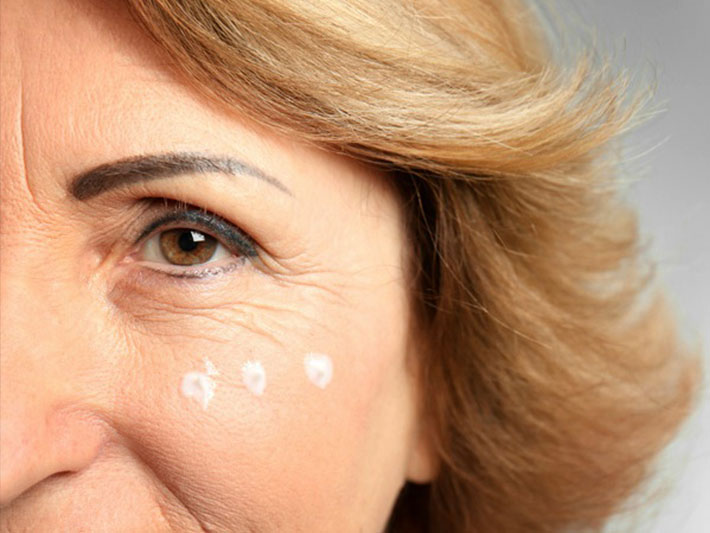
It’s easy to look and feel young with these 8 simple anti-aging tips.
It just can’t be helped. As we age, things start to happen to our minds and bodies and we often feel like we have no control.
Aging is a natural part of the cycle of life and accepting this inevitable gracefully is the first key to maintaining your own happiness. But that’s not to say there aren’t things you can do to take your health and wellness into your own hands. Here are 8 tips to help you fight the signs of aging every step of the way!
1. Avoid excessive amounts of sun exposure
Especially in sun-deficient climates, it can be tempting to want to sit out in the sun as much as possible when it makes an appearance. But overexposing your skin to the sun’s harmful rays can lead to skin cancer and contribute to the appearance of age spots and wrinkles. To maintain healthier, younger looking skin, be sure to always apply sunscreen when spending time in the sun. Also, consider wearing a wide-brimmed hat to protect your face and wear sunglasses with ultraviolet protection.
2. Limit alcohol consumption
While it’s true that no matter your age, you should control the amount of liquor you consume, when you age, the impact of alcohol consumption can be greater. Two glasses of wine, for instance, may affect an older person more noticeably than a younger person. And too much alcohol is more likely to make an older person confused and forgetful. According to research from mentalhelp.net, “the National Institute on Alcohol Abuse and Alcoholism, part of the National Institutes of Health, recommends that people over age 65 who choose to drink have no more than one drink a day. Drinking at this level usually is not associated with health risks.”
3. Smart diet
“A healthy diet can increase your energy level, mental acuity and resistance to infection as well as reduce the risk of health problems prevalent among older adults,” says Cathy Pearson, RD and consulting dietitian.
“The risk of developing some type of health problem often rises as we age, so one good strategy for easing the process of body/brain change and lowering the risk of disease (and disabilities that are disease-related) involves using a common sense approach to eating and including a variety of nutritious low fat, high fibre foods that are rich in vitamins, minerals and antioxidants,” she says. “But don’t forget that diet is only part of the puzzle. You can’t forget about avoiding or reducing stress and ensuring that you remain active and vibrant; these also contribute to keeping our brains and bodies in tip-top shape as the years pass by.”
4. Drink water
“The amount of water you need depends on factors such as your age, gender and level of physical activity,” says Pearson. “Canada’s Food Guide recommends satisfying your thirst with water and that people drink water regularly because your body is always losing water throughout the day.” As you get older, your risk for becoming dehydrated in hot weather increases, she says.
But proper hydration is essential to your overall health year-round. “According to the Recommended Dietary Reference Intakes, men and women 19 years and older should strive for approximately 15 and 11 cups of total water intake respectively every day,” Pearson says. “Keep in mind that fluids found in vegetables, fruit and soups and all the beverages you drink all contribute to your daily water intake.”
5. Calcium supplements
While vitamins and supplements are helpful aids in ensuring that your body gets what it needs, Pearson is quick to point out that a healthy, well-balanced diet will also provide all that you need without popping a pill. However, she says that the two exceptions to this are calcium and vitamin D.
“Research shows many of us aren’t getting the required amount via diet,” she says. “When you move from age 50 to 51, the recommended serving of milk and milk products increases from two to three. Many people aren’t aware of this. Supplements are definitely an important source of vitamin D, (especially those that contain vitamin D-3 rather than vitamin D-2 because it’s more potent) as it’s difficult to get the recommended amount from food alone. As we get older our bodies aren’t as good at absorbing it from foods like fish, vitamin-enriched milk or margarine and aging skin is less able to produce it from the UVB rays of sunshine.” But, says Pearson, be sure to consult a medical professional to determine your needs for calcium and Vitamin D as supplement recommendations are individualized.
6. Don’t smoke
Smoking doesn’t just impact your internal health, but it also has very visible external effects as well. While we’re all aware of the diseases caused by smoking, this bad habit can also take its toll on your physical appearance, leading to wrinkles and a grey, unhealthy-looking complexion. According to the experts at simplyantiaging.com, “smoking restricts blood flow through the capillaries (tiny veins near the skin’s surface) preventing oxygen and nutrients getting to the skin.” If you’re a smoker, quitting is the first step to preventing further skin damage and maintaining a healthful complexion as you age.
7. Laughter is the best medicine
They say that laughter is the best medicine, but does it really have an impact on our physical health? According to research from helpguide.org, laughter has many benefits to our overall sense of health and wellbeing. A good, hearty laugh, they say, relieves physical tension and stress, leaving your muscles relaxed for up to 45 minutes afterwards. Their research says that, “laughter boosts the immune system. Laughter decreases stress hormones and increases immune cells and infection-fighting antibodies, thus improving your resistance to disease.”
8. Eat to boost memory
“Supplements like gingko and foods like ginseng claim to help [boost memory] and there’s been lots of research suggesting that complex carbohydrate in barley, or the omega-3s found in fish or even increasing levels of vitamin D may be beneficial to boost memory and decrease the risk of cognitive impairment, especially in the elderly,” says Pearson. But she also recommends ‘feeding the brain’. “Start off the day by eating a decent breakfast that provides the first fuel for the body.”








